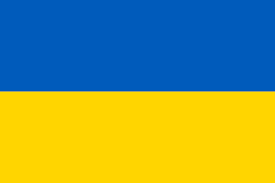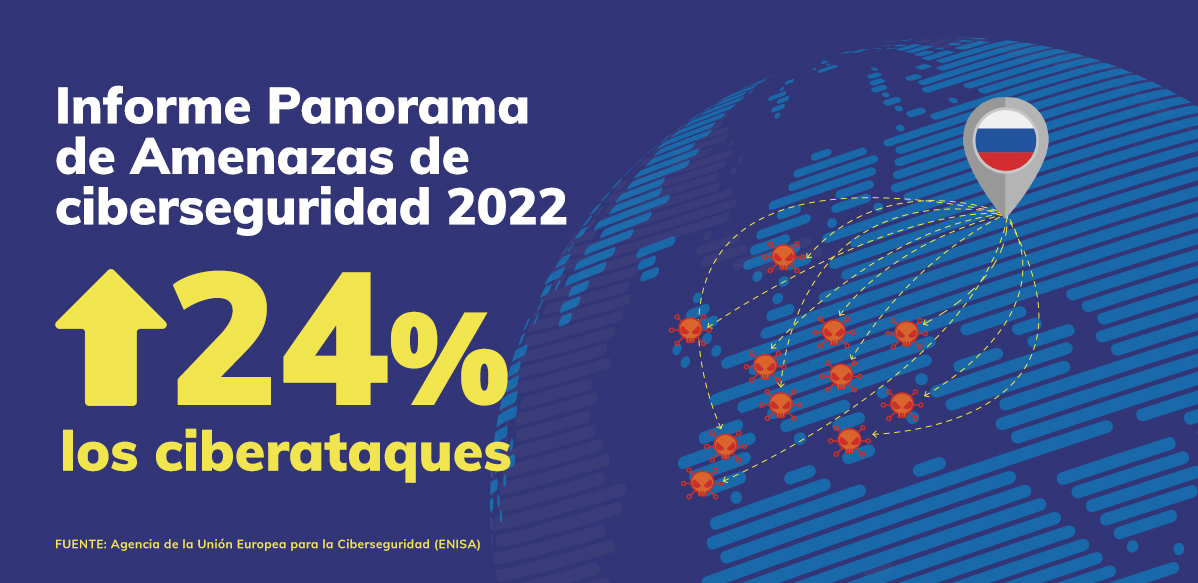Russia’s invasion of Ukraine has put European Union governments in the crosshairs of cyber attacks. One of its main conclusions highlights this year’s tenth edition of the Cybersecurity Threat Overview Report 2022, prepared by the European Union Agency for Cybersecurity (ENISA).
Far from decreasing, cyber-attacks have increased, specifically by 24%, and have targeted the administrations and governments of the European Union, making geopolitics the protagonist of these cyber actions. Moreover, actors have improved their capacity and sophistication, many of them in the heat of other countries.
The war has exacerbated some of the changes detected before and during the report’s production, such as increased hacker activity, cyber activists conducting operations in alliance with kinetic military actions, increased presence of cybercrime, or attacks that are funded by nation states.
Aiuken has long warned that the advent of IP connectivity and 5G, technologies that will revolutionize society, will simultaneously leave multiple checkouts. Cyberspace is going to be infinitely bigger as each element is interconnected, but to protect itself it will have paradigms from 10 years ago that demand an adaptation to these new times and technologies through an investment in cybersecurity.
The main threats cited in the Report begin with data hijacking or ransomware, phishing or phishing, and malware, software that aims to damage or destroy computer systems. Then come threats about Big Data, multiple cyber attacks, the rise of disinformation with the presence of bots, fake news and deepfakes and, finally, attacks on the supply chain that not rarely damage industrial activity.
Other aspects that stand out are the flourishing of the alliance between cyberactivism and kinetic militarism; the use of Artificial Intelligence to promote disinformation; the proliferation of bots with the intention of affecting participatory processes, as well as community interaction by filling institutional bodies with false comments, damaging their reputation; and finally gains more and more followers the business model of “hacker as a service”, rising since 2021.




